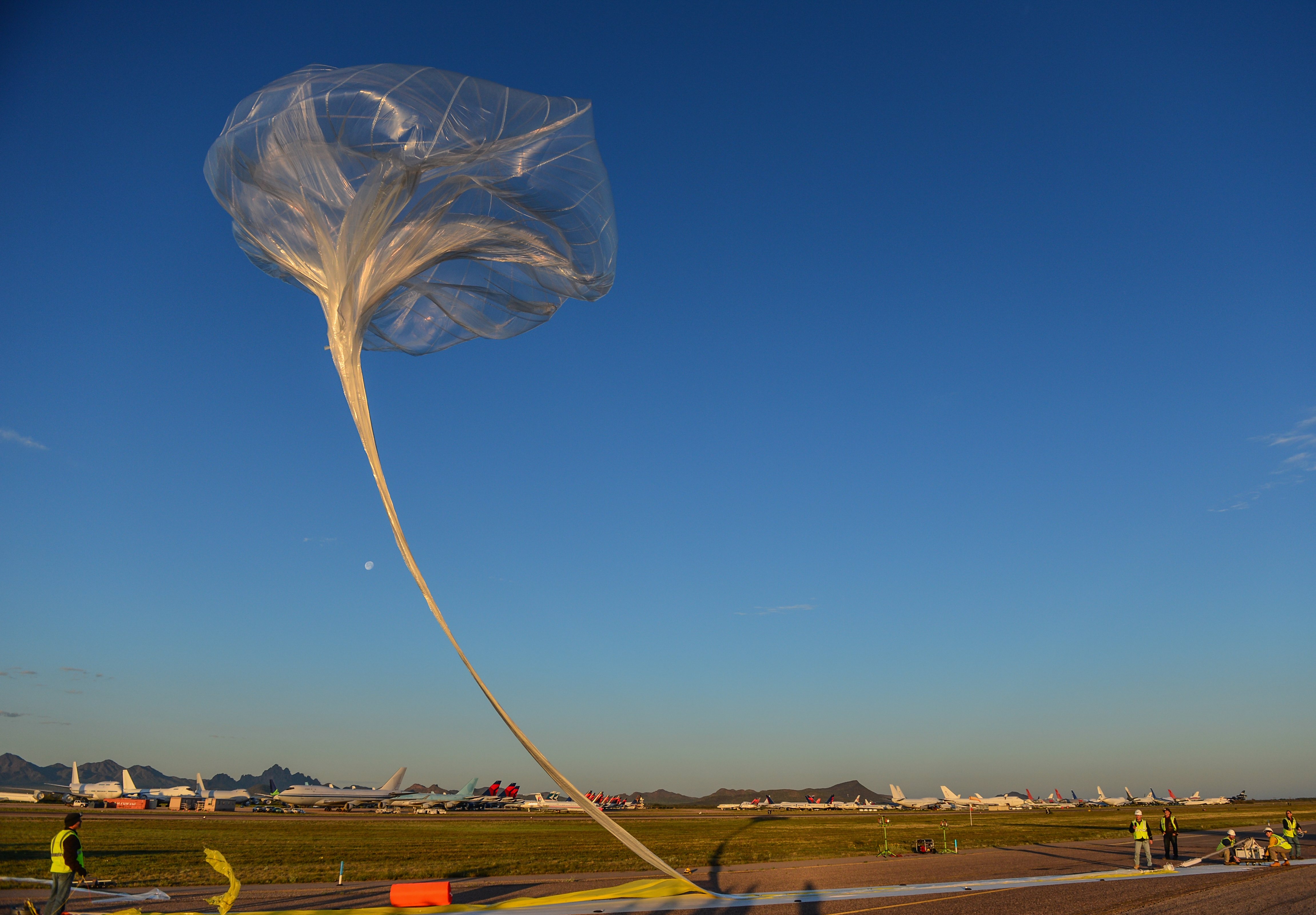A report by Linda Schneider, Heinrich-Böll-Stiftung
[Diesen Artikel stellen wir ausnahmsweise auf Englisch ein, da er sich auch an internationale Kolleg/innen richtet.]
With several outdoor experiment being publicly announced (see here and here) and others being clandestinely undertaken, the debate on the need for governance of geoengineering and research related to it picks up pace as well.
At the end of June, the Geoengineering Research Governance Project (GRGP), a joint initiative of the University of Calgary, IASS Potsdam and the University of Oxford’s Institute for Science, Innovation and Society (InSIS), held a three-day workshop in Oxford on a Draft Code of Conduct for Responsible Scientific Research involving Geoengineering developed by legal scholars Anna-Maria Hubert and David Reichwein. The Draft Code of Conduct is voluntary in nature and aims at providing guidelines for socially responsible geoengineering research that could in the future by adopted by scientists, research institutions, governments etc.
This “stakeholder workshop” aimed to test the voluntary governance framework against different experiment scenarios, among them the geoclique’s flagship experiment SCoPEx to explore existing international and national legislation and gaps therein, as well as governance challenges that arise from dealing with specific research proposals and intended outdoor experiments.
While the organisers state that their aim was to engage a wide range of global participants, this, unfortunately, was not the case at this particular meeting: Civil society representation at the workshop was marginal, with no civil society and social movement representatives from the Global South. This had global equity and climate justice concerns easily fading into the background. Moreover, natural science and legal perspectives dominated the debate, marginalising conversations over the political, social, ethical and environmental risks of geoengineering and geoengineering research as an integral component of the development of such technologies.
The project’s ultimate aim is to provide a robust text that states and other institutions can draw on to develop regulation and governance frameworks for geoengineering research.
We support the need for effective oversight and regulation of geoengineering research, but highlight the need for several key conditions that are not satisfied in the present discussions:
Broad and equitable representation in the geoengineering governance debate
- The conversation on geoengineering research governance needs to be broad and inclusive, in geographical, social and epistemological terms: Developing countries’ voices and those of indigenous peoples and local communities must be present in these conversations, as well as a broad range of scientific perspectives from the social sciences and humanities.
Governance: Both process and outcome
- Any governance outcome critically depends on the process that leads to it and the actors and stakeholders represented in it. If the governance debate over-represents geoengineering proponents and their legal experts, in particular if meetings are non-public, off-the-record and invitation-only, any governance outcome is bound to reflect their disproportionate influence. The governance debate we need to have must be broad, equitable and inclusive – this is the only way a governance outcome can claim legitimacy.
- Before such a global and inclusive governance discussion has not taken place, no geoengineering experiments in the open environment should be allowed to go forward. The starting point of any geoengineering governance should be the 2010 de facto moratorium on all climate-related geoengineering by the Convention on Biological Diversity (CBD).
The slippery slope of outdoor experiments and technology development
- Governance of geoengineering research must not follow a step-by-step assessment of individual field experiments and their environmental impacts, but ensure that the long-term perspective of some of these technologies coming into existence and the serious risks associated with them are strategically taken into account from the outset. It must also include the possibility of prohibiting some of these technologies.
Climate change is not an engineering problem
- Research on geoengineering technologies must be critically accompanied by social science research to prevent technical perspectives and pro-geoengineering researchers from dominating the conversation. This is crucial for enabling society to make informed decisions on whether the development of geoengineering technologies is desired or not. Making sure critical voices and perspectives are adequately represented is in the responsibility of anyone involved in or encouraging research on geoengineering.
Robust international regulation is necessary
- Geoengineering research cannot be sufficiently governed through voluntary guidelines and Codes of Conduct – robust and effective international oversight and regulation is indispensable.
- Experience in other fields of technology development shows that self-regulation of researchers can even be detrimental to the need for a broad public discussion in the sense that self-regulation lends perceived legitimacy to geoengineering research, gaining them funding and institutional support where a broader discussion on the social desirability of these technologies has not taken place.
Background on GRGP:
Here is the GRGP organisers’ assessment of the workshop
GRGP Project websites at University of Calgary and at the IASS
Background on Geoengineering:
Please refer to www.GeoengineeringMonitor.org and to the Geoengineering Briefing for Civil Society jointly published by the Heinrich Böll Foundation and ETC Group for further information.
